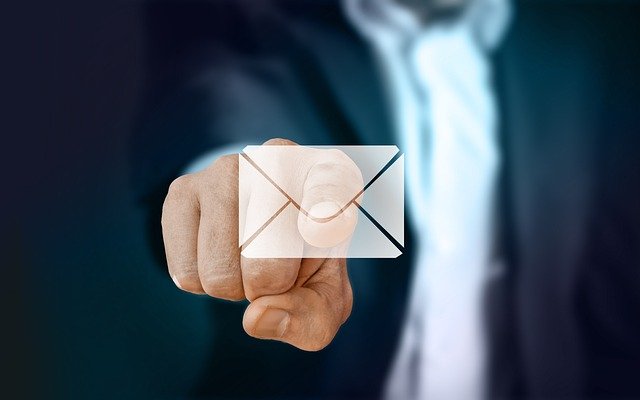Protect Your Emails With These Intelligent Strategies
Nowadays, businesses of all kinds—no matter how general or niche they may be—rely on communication to get by, keep their operations going, and consistently close in on opportunities for sales.
Thanks to the advent of modern technology, getting in touch with a partner, client, investor, customer, or supplier has become much easier to the point where larger strides are taken one digital message at a time. In email communication specifically, the value of digital communication is more present than ever because of how businesses and industries of all kinds move nowadays.
The main aspect of email communication you need to worry about
If you’ve been communicating through the use of email for a while now, then you’re familiar with just how vital it is as a tool for your business’s operations day-in, day-out.
Up to this point, you probably didn’t think much about using your email address to send and receive messages because it’s something that you deal with every single day. Unbeknownst to most people (such as yourself), however, there’s one particular aspect of communicating via the medium in question that needs to be prioritized above all else: safety.
Why it matters to secure your email communication (and a few tips worth considering)
While it’s no secret that the digital form of communication in question is designed and maintained with message deliverability in mind, many end up overlooking the key second factor of security.
In an age where hackers and cybercriminals are more technically competent than ever, it’s absolutely vital for business owners and decision-makers to be more proactive with how they secure their communication. The risk of email-based cyber attacks has grown significantly over the years, and accompanying problems of spikes in phishing attacks in the COVID-19 pandemic (660 percent, to be specific) have made it crucial to uphold safety.
At this point, you’re probably wondering about what you can do to keep your email exchanges as safe as possible because of the different risks and vulnerabilities that lie ahead. Fortunately, you won’t have to put your business at risk with copious amounts of trial and error because keeping these handy tips in mind is more than enough to set you in the right direction:
Start inspecting your message headers more
The one thing anyone needs to know about preventing email-based attacks and scams is that reading things closely goes a long way—and such is the case when it comes to your email headers.
No matter how much a scammer tries to misrepresent themselves as a reputable contact or individual, the headers of your exchanges give away a whole lot.
If you feel like you’re receiving a suspicious message from an unfamiliar address, then you can search for a sender’s IP and do a reverse lookup to trace the origin of the message. Additionally, you can also check if the message does not adhere to sender policy framework (SPF) and domain keys identification mail (DKIM) standards. However, this depends on your service provider.
Invest in a better hosting solution
Emails go through a specific server that is assigned to your business’s online entity and various accounts, so you must work with a hosting solution that you can trust.
While it may not seem linked or related at first, upgrading your servers can go a long way towards preventing any security risks related to your emails because. At IO Zoom, for instance, we ensure that our clients’ exchanges are as safe and secure as possible. Our network is monitored by expert-level administrators 24/7 (including up to 10 Gbps of DDoS protection for free)!
Conclusion
While there are various parts of your business that you need to protect more in the digital age, nothing requires consideration more than your email exchanges. With the help of the tips mentioned above, you can protect your valuable and sensitive conversations and take care of your business matters with peace of mind!
We specialize in providing world-class hosting solutions for websites all over the US, Amsterdam, and the UK, with eight different data centers scattered across the globe. Get in touch with our IT experts today to learn more about how you can experience top-level hosting with us!
0
Comments
Likes
